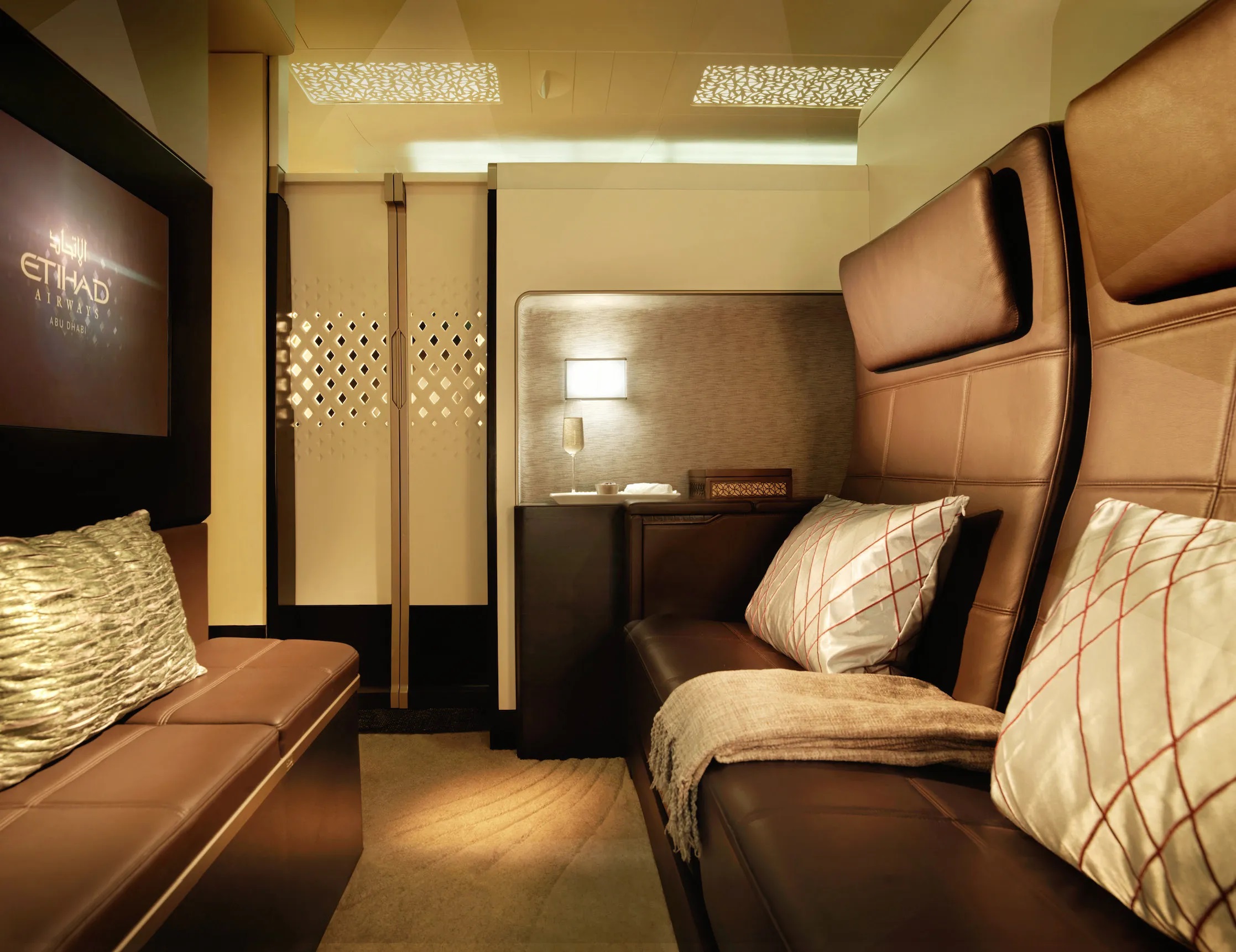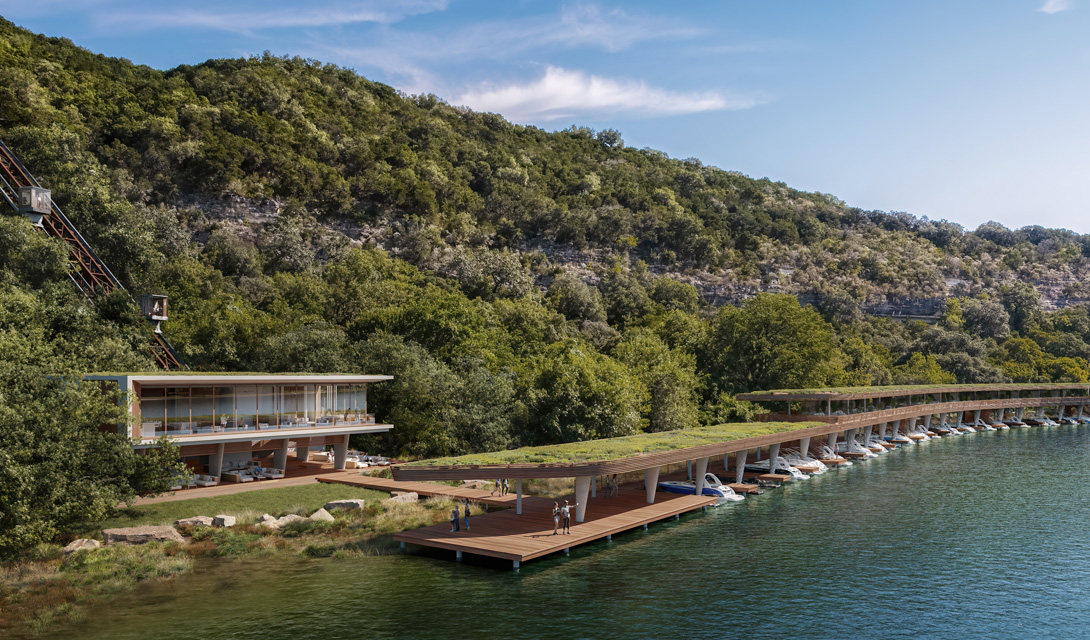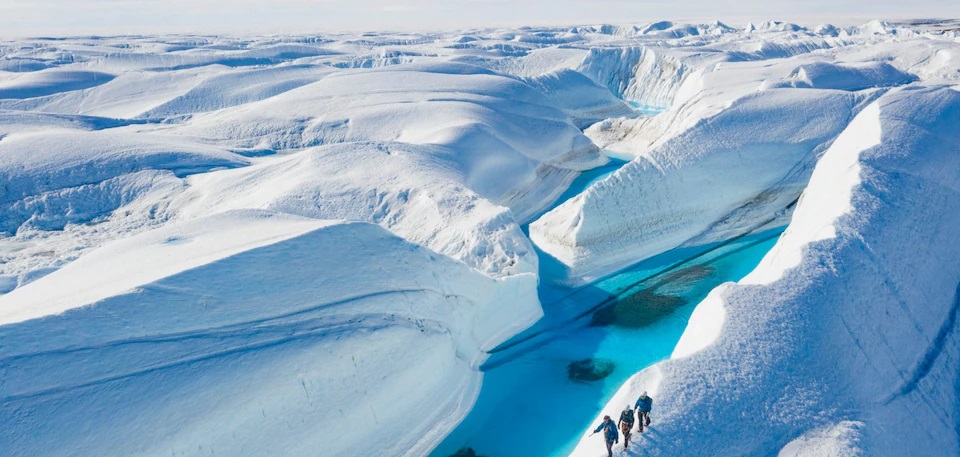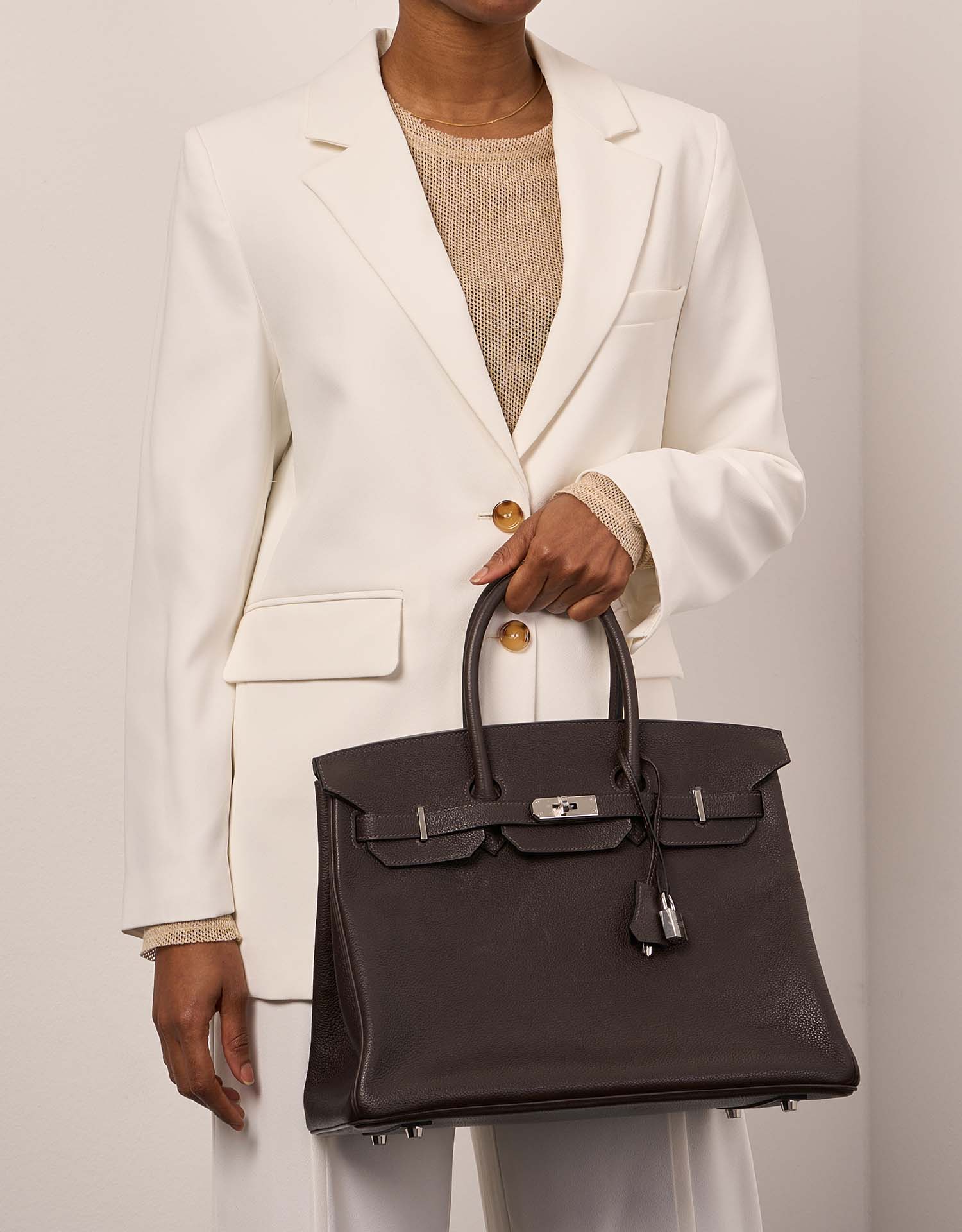It is impossible to have a definitive definition of the word, luxury, but a consensus exists: to be considered luxury, a product or service must be exclusive, emotive, and expensive, amongst other things. For the 0.1% today, however, these are not enough. Current trends indicate that the ultra-rich consider luxury, especially in the services industry, to be an array of distinctive solutions crafted to solve their unique challenges. Hence the rise of hyper-personalisation and exclusivity in the world of luxury.
Hyper personalisation and exclusivity in luxury travel
First-class cabins used to be considered the pinnacle of luxury travel, but all that changed when airlines started offering points and rewards to frequent flyers, and the exclusivity it once promised all but vanished. Private jets quickly filled that position and became the better option for wealthy passengers seeking relative comfort and privacy.


With sustainability at the top of everyone’s minds today, affluent travellers are returning to commercial airlines. But not necessarily to first-class cabins. These are now almost non-existent and have been replaced by premium accommodations and upgraded business-class spaces that offer better privacy, more ‘à la carte’ options and increased comfort thanks to newer technologies. For example, Etihad’s exclusive Residence and Emirates’ private suites, both of which employ the latest tech and trends to enable passengers personalise their cabins however way they feel best.
Per Deloitte, travelling via a superyacht is the most preferred means of transport for the very rich because of the exclusivity it offers, in addition of course to other benefits which include “high-end interior design to bespoke onboard services and amenities … [that allow the rich unfettered access to] the highest form of privacy and personalisation.”
Hyper-personalisation and exclusivity in the hospitality and tourism industries
The hospitality industry has been rather quick to embrace the concept of hyper-personalisation, offering distinct solutions ranging from targeted messages aimed at different customer segments to incorporating novel tech that allows guests to customise their rooms to their tastes. Some hotels and resorts even suggest local and authentic activities and attractions via a dedicated app; others include special requests from guests, like getting a particular chef to provide meals throughout their stay.


But for the very affluent, even this is not enough.
It is not enough to sleep on the most exquisite bed surrounded by the finest luxury amenities. High-end wellness packages, designed to improve everything health-wise from sleep to mindfulness are the new normal.
It is not enough to enjoy the finest local cuisine: cooking classes from Michelin-starred chefs; wine pairings featuring unique ‘boissons’ from small, domestic chateaux; and bespoke culinary experiences tailored to each guest’s individual needs are now on the menu for the ultra-rich.
Family vacations may still be in, but for affluent travellers, multi-generational travel or large-group vacations with loved ones are on the rise, leading to an increased demand for exclusive, fully-staffed villas and hotels, private residences, bespoke camps, and, standalone suites. Large group travel also means an uptick in the demand for exclusive yacht charters and private jets.


And what do you give to an experienced traveller who has been to almost every country in the world? Perhaps a private safari and a chance to have a one-on-one encounter with the animals; or trekking the iconic Inca Trail to Machu Picchu with a dedicated guide, or even camping and experiential expeditions in Antarctica are in order.
Hyper-personalised and exclusive luxury services
As the ultra-rich engage in a race against time to balance all the aspects of their very busy lives, getting their hands on limited-edition products, highly-coveted-yet-restricted luxury goods or even putting together the itinerary of a different kind of trip is a mission-impossible task.
Enter the specialists experienced in solving this challenge.


In the luxury beauty and fashion world, these specialists have chosen to be known as Fashion Sourcers, per Vogue. Fashion sourcers are upgraded personal shoppers who ‘offer a fresh, hyper-personalised retail model for luxury’s top spenders … providing almost 24-hour, one-stop-shop luxury retail, with virtually no limits, all via Whatsapp or Instagram DM.’
When the affluent need a Birkin 35 in ebene Barenia calfskin leather and palladium hardware, instead of suing Hermès when they cannot get their hands on one, they simply engage the services of a trusted fashion sourcer who is sure to get one from their vast network of connections globally.
A bespoke luxury travel specialist provides an equally sought-after service in the travel and hospitality industry. Like every other person, the very rich have their quirks, and even more so since they have the funds to make them happen. But not even they can put together a ridiculously unusual vacation on their own; for example, go on a holiday modelled after a particular action movie and get the same cinematographer who worked on the film to cover your trip and produce a video just like the movie.
While there is an increased clamour from aspirationals and outsiders to democratise luxury, stakeholders who truly understand that this can never be the case are creating more barriers to entry, making modern-day luxury more exclusive and hyper-personalised than ever before.
